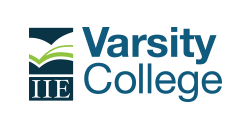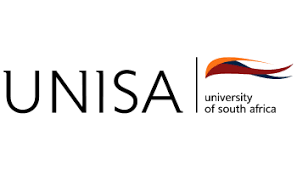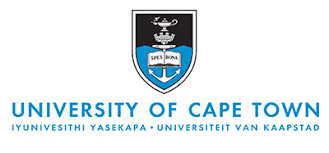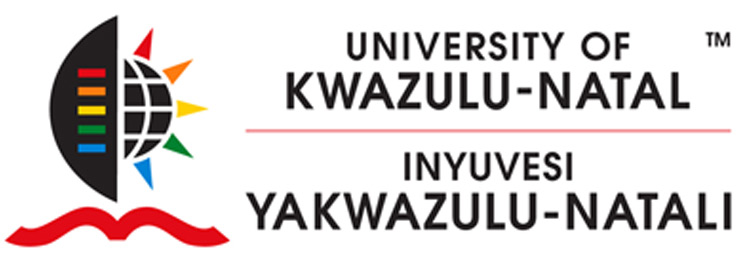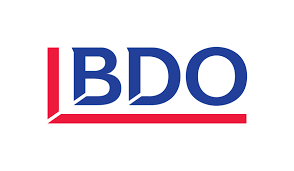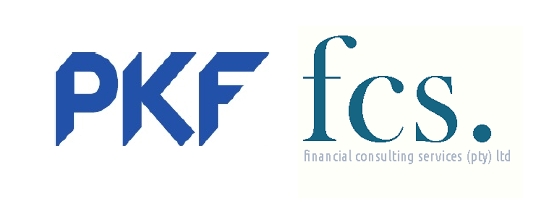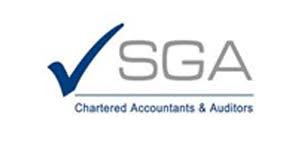CAREERS
To live the way you want, you must first make the right choices.
Careers you can conquer as a Chartered Accountant
Start your CA Career Here…
Your passport to the world.
Schools
School subjects required for entry to the undergraduate degree at university.
The subjects you would need for university admission are Mathematics and English. Having Accounting as a school subject could help you in your studies towards your degree, but at most universities this is not compulsory.
- English (required)
- Mathematics (required)
- Accounting (Optional)
Each university has it’s own entry requirements. It is recommended that you visit the website of your preferred university to find out more about that university’s entry requirements.
University
Undergraduate Degree (3 years)
Ensure that the university you are applying to offers a qualification or programmes that are accredited CA courses and confirm that the qualification would lead to the qualification as a Chartered Accountant. A full list of these programmes is available here.
Part-Time Study
You can complete your accredited 3-year undergraduate degree while you complete your practical experience. If you hold a matric certificate with maths and will be studying on a part-time basis, you could immediately enter into a training contract with a registered training office. The duration of the contract will be five years and you will be expected to study for (and pass) the qualification.
Full-Time Study
Another option is to complete your accredited 3-year undergraduate degree on a full-time basis before entering into a three year training contract with a registered training office.
Bridging Degree (1 Year)
A one-year bridging programme is specifically designed for students who completed a non-accredited undergraduate degree. If you completed a undergraduate degree at a university that is not listed on the ICAN accredited programmes list, then you will be required to complete a one-year bridging course at a university that offers an accredited bridging course. You will be expected to pass the bridging programme before proceeding to the postgraduate degree. A full list of the bridging programmes is available here.
Part-Time Study
If you hold a Non-accredited Undergraduate Degree you can complete your 1 year bridging degree on a part-time basis while you complete your practical experience. The duration of the contract will be four years and you will be expected to study for (and pass) the qualification.
Full-Time Study
Another option is to complete your accredited bridging qualification on a full-time basis before entering into a three-year training contract with a registered training office.
Postgraduate Degree (1 Year)
Obtain a Certificate in the Theory of Accounting (CTA) or equivalent qualification. This course focuses on Accounting, Auditing, Taxation and Financial Management. The course takes a minimum of one year. The CTA is a post graduate qualification which is referred to as a certificate in the theory of accountancy or equivalent and refers to a qualification conferred by a tertiary education institution whose programmes leading to the qualification as a CA(NAM) are accredited and recognised by ICAN as a prerequisite for admission to the Initial Test of Competence exam. A full list of these programmes is available here.
Part-Time Study
If you hold a Undergraduate Degree (CA stream) you can complete your 1 year post graduate degree on a part-time basis while you complete your practical experience. The duration of the contract will be three years and you will be expected to study for (and pass) the qualification.
Full-Time Study
Another option is to complete your accredited postgraduate qualifications on a full-time basis before entering into a three-year training contract with a registered training office. This generally means that candidates enter for the ITC during their first year of their training contracts.
Training
Training in Public Practice (TIPP)
The second part of your path towards becoming a CA entails completing a training contract with a registered training office.
A Training Office is an accredited training office, within the borders of Namibia, and refers to an organisation in public practice, that is accredited by and registered with the Public Accountants’ and Auditors’ Board as an organisation where prospective CAs(Nam) may be trained.
A Training Contract is a written contract, entered into on the prescribed form and registered with the Public Accountants’ and Auditors’ Board, in terms of which a trainee accountant is duly bound to the training office for a specified period and is entitled to receive training in the prescribed competencies as set out in the Training Regulations and which is a prerequisite to qualify for registration as a CA(NAM) in terms of ICAN’s Constitution.
The duration of you training contract depend on your highest qualification obtained at the start of the contract.
5 Years If your highest academic qualification is Grade 12, you would enter into a five-year training contract with a registered training office.
4 Years If your highest academic qualification is a non-accredited undergraduate degree, you would enter into a four-year training contract with a registered training office. You would then be required to complete an accredited bridging course and an accredited postgraduate degree on a part-time basis, while you complete your training contract. If you obtain the accredited undergraduate degree or equivalent, before the end of your fourth year of training contract, you can apply for one year’s academic remission as a result of obtaining an accredited undergraduate degree.
3 Years If your highest academic qualification is an accredited undergraduate degree, you would enter into a three-year training contract with a registered office. You would then be required to complete an accredited postgraduate degree on a part-time basis while you complete your training contract.
3 Years If your highest academic qualification is an accredited postgraduate degree, you would enter into a three-year training contract with a registered office. This means that candidates enter for the ITC (first professional exam) during their first year of their training contracts.
All the training offices in Namibia are in public practice and are accredited to offer the Auditing and Assurance Elective.
Training Outside Public Practice (TOPP)
Over time the ICAN Secretariat has received enquiries from large financial and commercial enterprises as well as from audit firms to register trainees for Training Outside of Public Practice (TOPP).
The TOPP programme is an alternate route to becoming a Chartered Accountant. It specialises in competencies relating to either Financial Management, Internal Auditing, Taxation or Risk Management and Governance. As a CA trainee, you will enter into a TOPP training contract and you will need to comply with the TOPP Training Regulations.
Training Offices interested in offering electives other than Auditing and Assurance, and Companies in Commerce & Industry that are interested in starting a TOPP training programme where were informed about the implementation of the TOPP Programme in Namibia which commenced from June 2019.
Currently there are no Audit firms and companies in Commerce & Industry who are accredited as a TOPP Training Office in Namibia.
PROFESSIONAL EXAMS
The final two steps on your pathway to becoming a CA involve passing two qualifying examinations, namely the Initial Test of Competence (ITC) and the Assessment of Professional Competence (APC). Both of these exams are set and administered by ICAN.
Initial Test of Competence (ITC)
The Initial Test of Competence is the first part of the professional exams which assesses core technical competence. To qualify for entry to the ITC, you must have passed the Certificate in the Theory of Accounting (CTA) or equivalent CA postgraduate exam. This generally means that candidates enter for the ITC during their first year of their training contracts.
The CTA or equivalent qualification is valid for three years. This means candidates will be eligible to sit for the ITC exam for a period of three consecutive years, starting the year after obtaining a CTA or equivalent qualification. There are two examination opportunities per year for the ITC, namely in January and June of each year. This means candidates have a maximum of six attempts at the ITC.
- ITC Registration (Application form to complete and submit)
- ITC Regulations
- ITC Past exam papers (Download various documents by year)
- ITC Request copy of exam script (Application form to complete and submit)
- ITC Application for Special Concession (Application form to complete and submit)
- ITC Policy and procedure for Special Concession
Assessment of Professional Competence (APC)
The Assessment of Professional Competence is the second part of the qualifying examination, which assesses professional competence. To qualify for entry to the APC, a candidate must have:
- passed the ITC; and
- completed a minimum of 20 months at a registered training contract with an accredited training office, by the beginning of the month in which the assessment is written; and
- completed a ICAN Tax course; and
- successfully completed a professional programme with a registered provider.
The professional programme remains valid for a period of three consecutive years, which means that the APC must be passed within those three years; otherwise you will have to complete a professional programme again. The Professional Programme is a programme accredited and prescribed ty ICAN for admission to the Assessment of Professional Competence.
- APC Registration (Application form to complete and submit)
- APC Regulations
- APC Past exam papers (Download various documents by year)
- APC Request copy of exam script (Application form to complete and submit)
- APC Application for Special Concession (Application form to complete and submit)
- APC Policy and procedure for Special Concession





